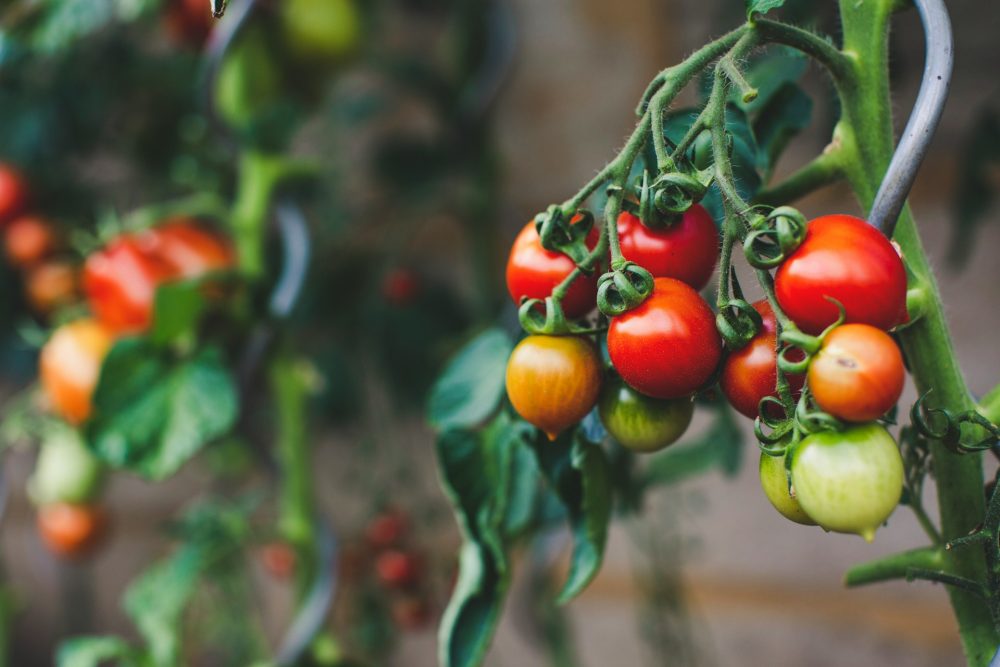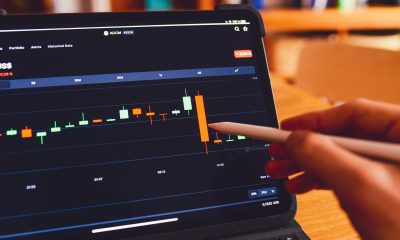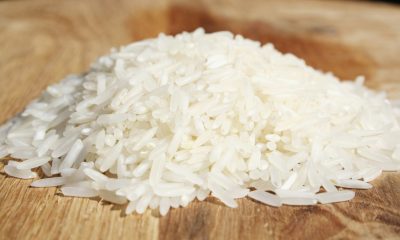Africa
Morocco’s Tomato Industry Struggles Amid Drought and Labor Shift
Morocco’s tomato industry faces severe labor shortages and water scarcity, driving producers and workers toward more profitable red fruit crops. Despite these challenges, exports remain high, with Morocco ranking third globally. Government subsidies offer limited relief, while sub-Saharan labor fills gaps. The industry’s survival relies heavily on exports amid rising environmental and economic pressures.

In addition to the adverse effects of drought, which threaten its profitability and competitiveness, the tomato industry in Morocco has been facing a worrying phenomenon for some time now: a shortage of labor. Labor is now being drawn to another sector, the red fruit sector. And curiously, it’s not just farm workers who are retraining.
“Being a producer in the tomato industry in Morocco has become a risky profession. Many people are retraining, and that’s a reality. Tomato producers are now moving towards other, more profitable crops like berries, particularly blueberries and raspberries.” These are the words of Khalid Saïdi, president of the Moroccan Association of Fruit and Vegetable Producers and Exporters (APEFEL).
And these are words that sound like a real alarm regarding the situation prevailing in this sector in Morocco. A sector that is extremely water-intensive and always criticized for its environmental impact, in a context of water stress that has prevailed for seven years. A drought that is particularly prevalent in the Souss-Massa region, the main tomato-growing area.
According to Saïdi, these conversions spare virtually no category of stakeholders. While producers are looking for more profitable crops, ordinary farm workers are also looking for activities that can provide them with better incomes.
Ultimately, continued the president of APEFEL, “it has become very difficult for tomato producers to find labor when the harvest and picking season comes around in the red fruit sector.”
Producers and workers pivot to red fruits as water scarcity and low profitability threaten the future of tomato farming in Morocco
This trend thus complicates the situation, at a time when finding water is already a “miracle” for farmers, obviously due to the scarcity of rainfall, but also because of the depletion of the water table.
“The situation would have been catastrophic if it hadn’t been for the sub-Saharan nationals in and around Agadir who are lending a helping hand. It is thanks to them that we are managing the labor shortage,” continued the president of APEFEL.
He specified, however, that “the authorities, particularly at the Ministry of Agriculture, are aware of this reality” and that actions have been initiated in this direction. “Two years ago, the Ministry of Agriculture, aware of the situation we are experiencing, decided to intervene through a support program. A dedicated subsidy was granted to tomato producers, amounting to 40,000 to 70,000 DH per hectare, depending on the production method. This represents less than 10% of production costs, but it is still a welcome relief to encourage producers to persevere in tomato production.”
Despite these difficulties, it should be noted that Morocco continues to export tomatoes on a massive scale. This, incidentally, creates a certain incomprehension, given the challenges described above. But for the president of APEFEL, speaking on a television show, “it is thanks to this half of the production that is exported that producers manage to get by. Indeed, the selling price of a kg of tomatoes on the national market does not even cover the cost price.”
In any case, Morocco continues to rank prominently among the largest tomato exporters. According to the latest figures from Morocco Foodex, Morocco is the third-largest exporter in the world, with a volume of 621,000 tonnes reached during the 2024-2025 season. These are mainly destined for markets in the Old Continent. As for the corresponding turnover, it depends on the sources, but would exceed 15 billion dirhams, according to the specialized platform, HortoInfo.
Moreover, Morocco has taken advantage of this to overtake its Spanish neighbor, with a level of tomato production that “makes its European competitors blush.”
__
(Featured image by Markus Spiske via Unsplash)
DISCLAIMER: This article was written by a third party contributor and does not reflect the opinion of Born2Invest, its management, staff or its associates. Please review our disclaimer for more information.
This article may include forward-looking statements. These forward-looking statements generally are identified by the words “believe,” “project,” “estimate,” “become,” “plan,” “will,” and similar expressions. These forward-looking statements involve known and unknown risks as well as uncertainties, including those discussed in the following cautionary statements and elsewhere in this article and on this site. Although the Company may believe that its expectations are based on reasonable assumptions, the actual results that the Company may achieve may differ materially from any forward-looking statements, which reflect the opinions of the management of the Company only as of the date hereof. Additionally, please make sure to read these important disclosures.
First published in LES ECO.ma. A third-party contributor translated and adapted the article from the original. In case of discrepancy, the original will prevail.
Although we made reasonable efforts to provide accurate translations, some parts may be incorrect. Born2Invest assumes no responsibility for errors, omissions or ambiguities in the translations provided on this website. Any person or entity relying on translated content does so at their own risk. Born2Invest is not responsible for losses caused by such reliance on the accuracy or reliability of translated information. If you wish to report an error or inaccuracy in the translation, we encourage you to contact us

-

 Fintech1 week ago
Fintech1 week agoRuvo Raises $4.6M to Power Crypto-Pix Remittances Between Brazil and the U.S.
-

 Cannabis2 weeks ago
Cannabis2 weeks agoCannabis and the Aging Brain: New Research Challenges Old Assumptions
-

 Biotech5 days ago
Biotech5 days agoEurope’s Biopharma at a Crossroads: Urgent Reforms Needed to Restore Global Competitiveness
-

 Crowdfunding2 weeks ago
Crowdfunding2 weeks agoAWOL Vision’s Aetherion Projectors Raise Millions on Kickstarter























